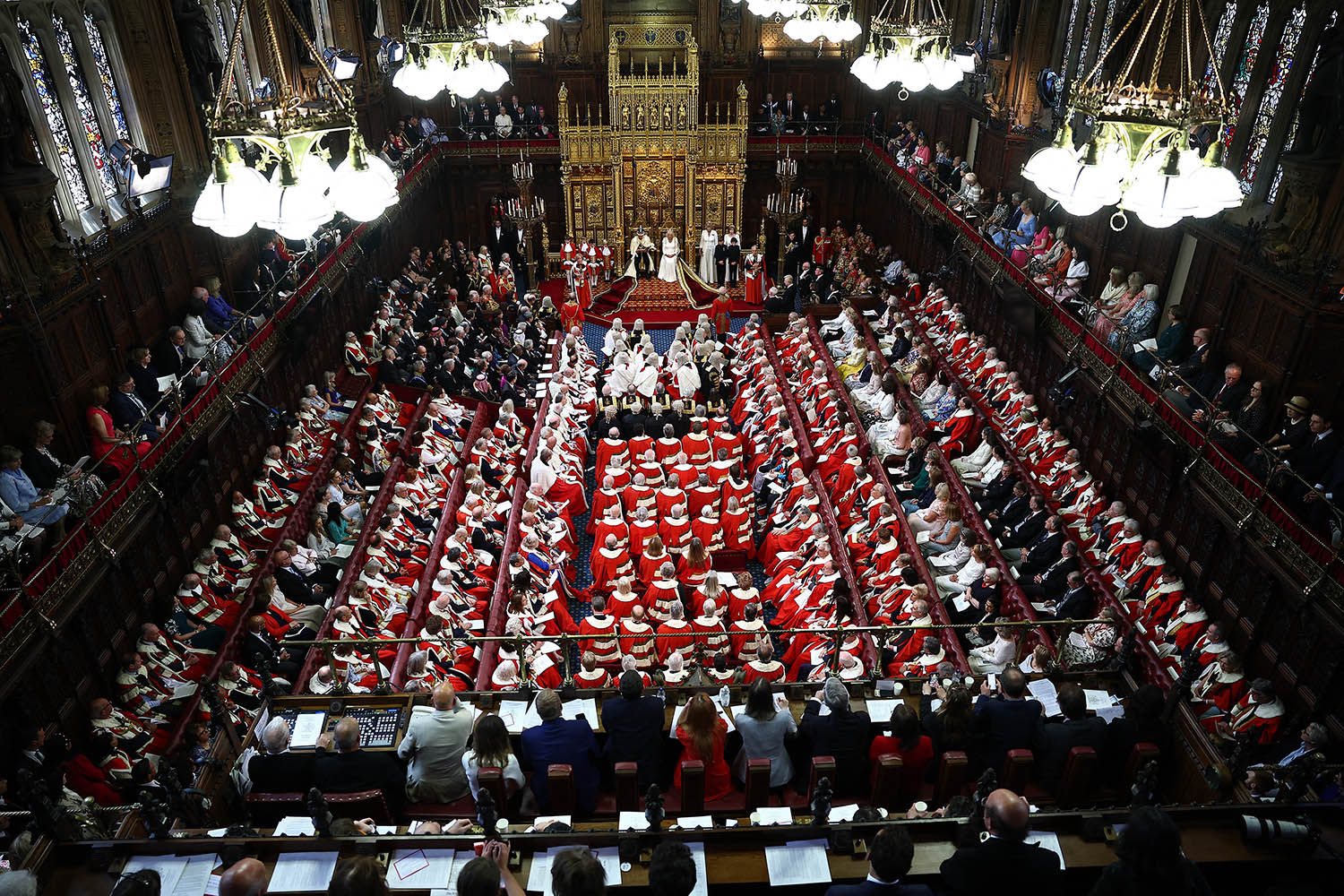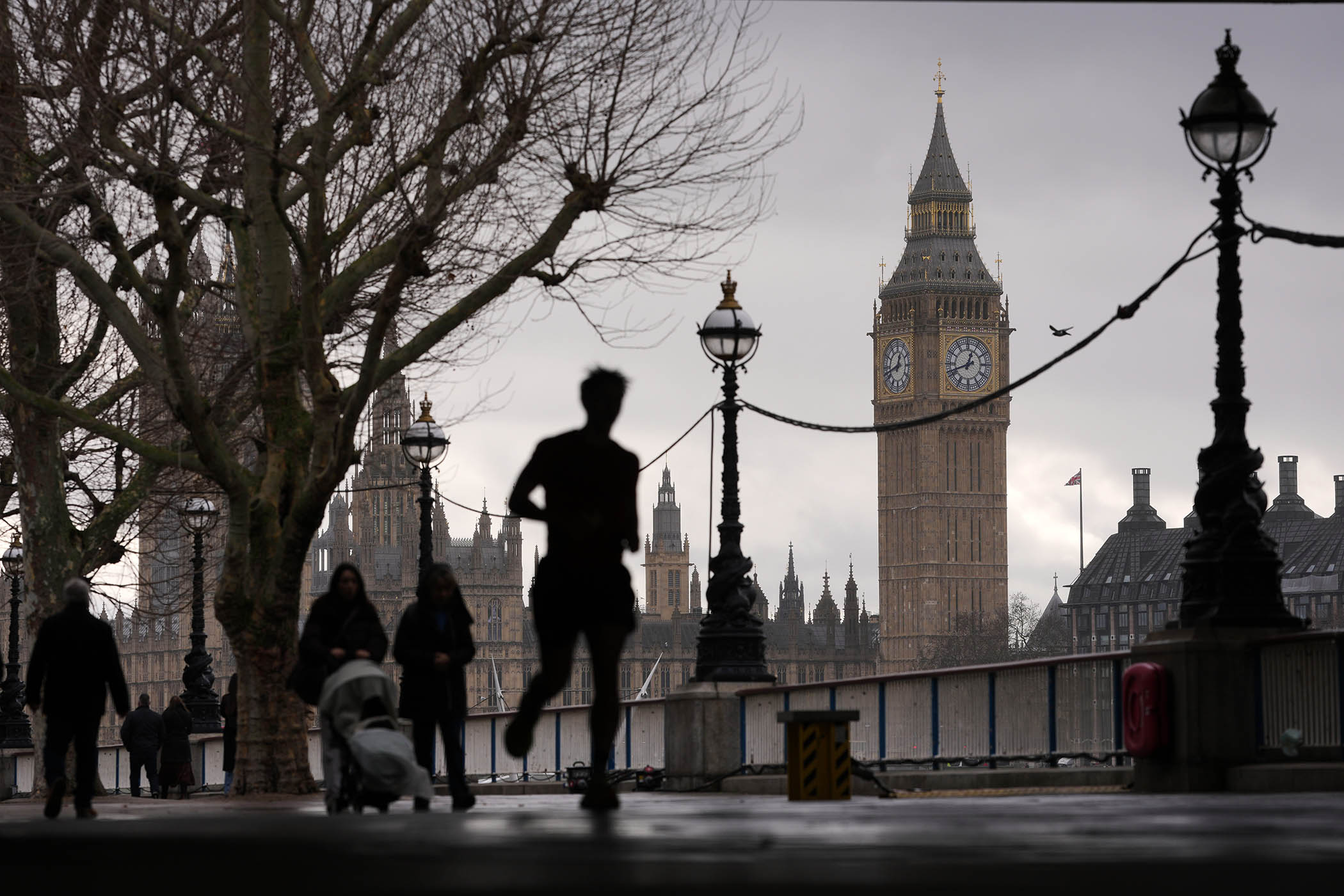Peers had registered 3,738 non-financial interests before a rule change allowed them to wipe them from the public domain, analysis by The Observer has established.
More than a quarter – 1,023 – were directorships or other regular unpaid employment, while 500 were members of public bodies including hospital trusts, governing bodies of schools and local authorities. A further 184 were acting as office holders or trustees in pressure groups or trade unions.
Members of the House of Lords no longer have to include these positions on their register since April, after its code of conduct changed the rules in response to a months-long consultation among peers, much of which was held behind closed doors.
Explaining the move to peers earlier this year, former MI5 boss and chair of the Lords’ conduct committee Eliza Manningham-Buller said: “The bureaucratic burden of the rules on declaring non-financial interests was disproportionate when compared with a small potential benefit to transparency.” Peers are “still able to declare them in debate… but in our view that is not an enforceable rule.”
A series of investigations carried out for the Peer Review project by Tortoise Media, the owners of The Observer, found several instances where members of the upper house only joined debates in which they had registered interests, as well as other members who failed to declare relevant unpaid roles even when the rule was in place.
They included a former education secretary who did not declare his chairmanship of a chain of technical colleges in dozens of debates, and a former solicitor general who did not declare his unpaid position as a member of a group of lawyers seeking to stymie attempts at reforming SLAPPs while speaking out against proposed legislation.
Photograph by Henry Nicholls/AFP via Getty Images
Newsletters
Choose the newsletters you want to receive
View more
For information about how The Observer protects your data, read our Privacy Policy




